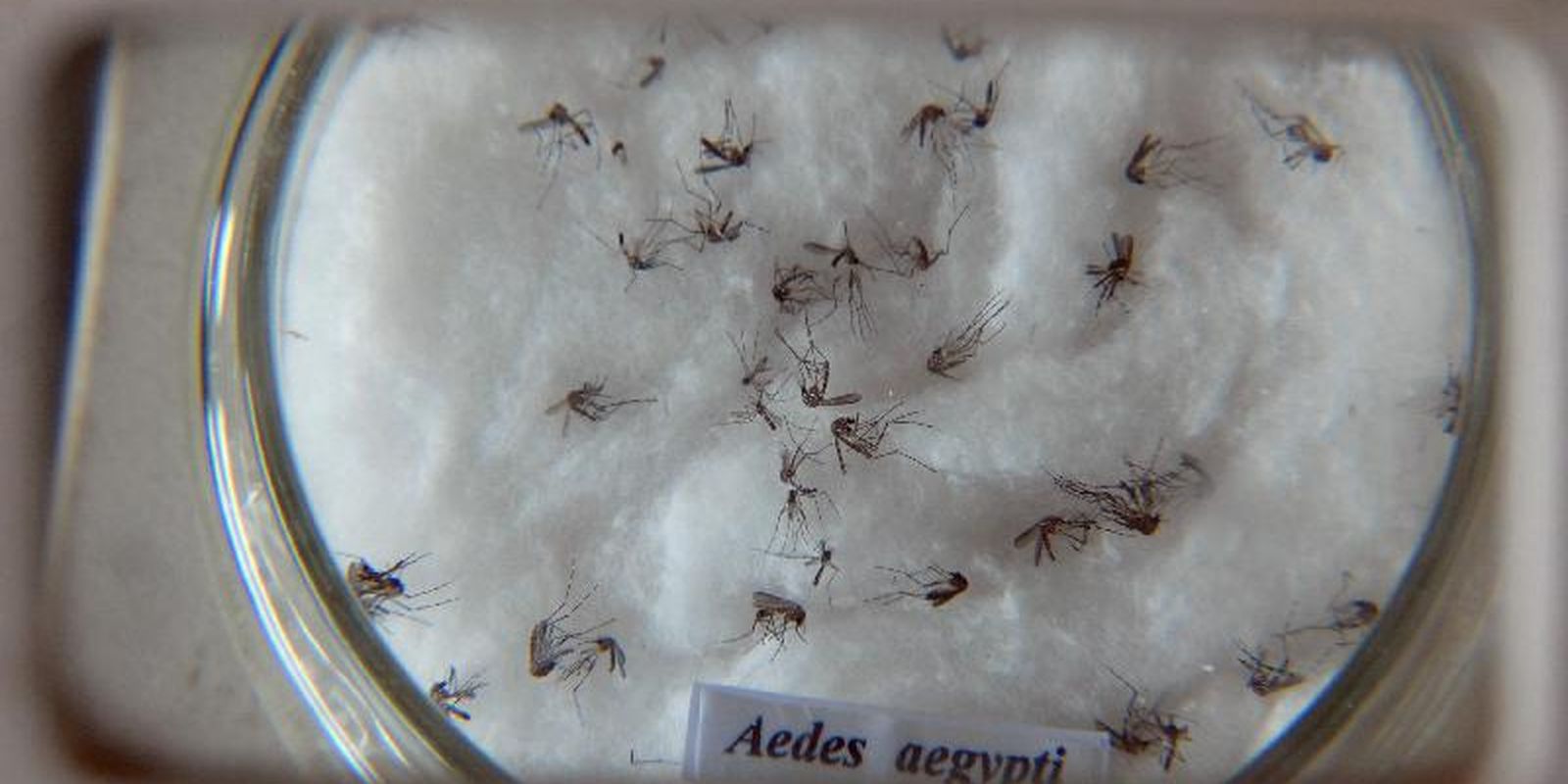The Rio de Janeiro Municipal Health Department (SMS) is alerting residents to the importance of being vigilant to prevent dengue outbreaks in the summer, a time when the number of cases of the disease tends to rise due to heat and rain. Factors that help the reproductive cycle of the Aedes aegypti mosquito. In 2023, the city recorded 23,542 cases of the disease and six deaths. The Secretariat is closely monitoring the scenario through the Epidemiological Intelligence Center (CIE) and strengthening measures to control the vector.
“Our data indicates that the majority of Aedes aegypti outbreaks occur within the home environment, which is why helping residents is essential. We must avoid leaving standing water in containers and keep water tanks, drains, gutters and other places where water collects clean. Heat helps mosquitoes breed Taking into account the forecasts, we will face a summer full of challenges. “But with everyone's contribution, we can prevent the situation from becoming critical,” says the municipal health minister, Daniel Surrans.
Health surveillance teams are working to intensify prevention and control measures for the vector of dengue fever, stipulated in the summer plan. In 2023, agents searched more than 11 million properties, and more than 2 million containers that could have served as breeding sites were treated or eliminated. This year, 64 thousand properties have already been inspected. The Ministry of Health has strengthened its operations in the most affected areas, such as the Western Region, which saw the highest number of confirmed cases in the city in 2023: Guaratiba (2,137 cases), Campo Grande (2,088), Santa Cruz (1,468), Paciencia (1,228) and Banjo (955). ).
Watching
Among the measures the IMC is using to monitor the city's infection level is the Rapid Aedes aegypti Index (LIRAa) survey, the first edition of which for 2024 will be released this week. In this study, the municipality was divided into strata (clusters) of 8,200 to 12,000 properties with similar characteristics, and in each of these strata, 20% of the properties are visited by environmental monitoring agents. In the latest edition of 2023, LIRAa visited 103 thousand properties. Another tool the IMC uses is egg traps, which are 2,668 mosquito traps strategically placed throughout the municipality that depict the level of disease vector prevalence in the environment.
The Secretariat also strengthened educational and social mobilization measures to guide residents on urban arbovirus prevention measures, seeking to awaken individual and collective health responsibility. Such initiatives are implemented, among other places, in the primary care network (composed of family clinics and municipal health centres) and in municipal schools, through the School Health Program (PSE), in partnership with the Municipal Ministry of Education (SME).
Recommendations
The main recommendations for residents are to avoid stagnant water in containers such as plant pots, old tires, water barrels, swimming pools, bottles, containers, etc.; Regularly clean places such as garbage cans, drains, and other objects where water can accumulate; If necessary, request screening for potential outbreaks by Central 1746.

“Wannabe internet buff. Future teen idol. Hardcore zombie guru. Gamer. Avid creator. Entrepreneur. Bacon ninja.”



